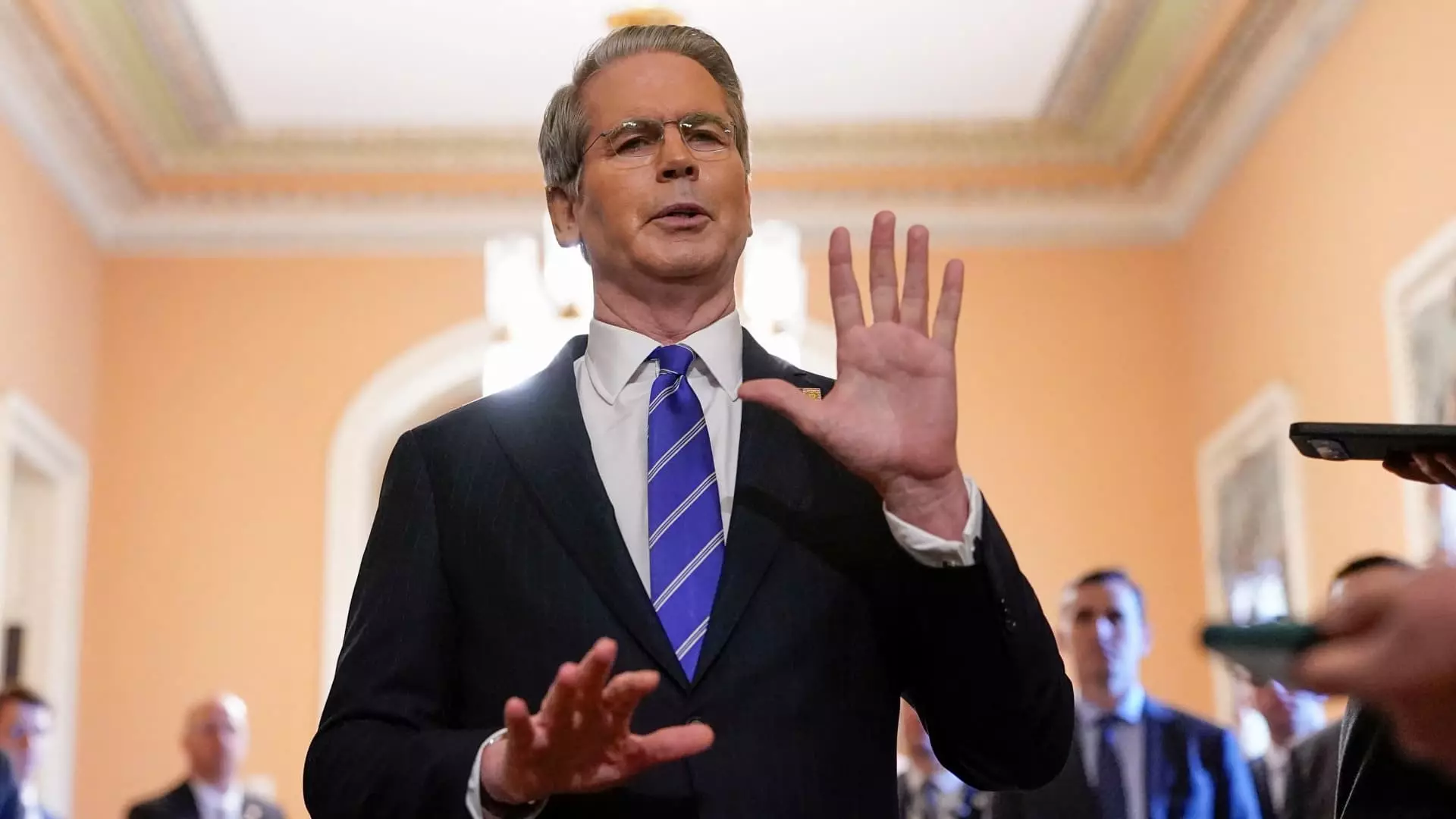In the volatile landscape of international trade, the recent statements by Treasury Secretary Scott Bessent highlight an aggressive stance that could backfire on the very economy it aims to protect. By framing tariffs as a tool to pressure trading partners into concessions, the administration reveals a reckless approach rooted in brinkmanship rather than strategic diplomacy. The impending reintroduction of tariffs on August 1, regardless of ongoing negotiations, signals a willingness to wield economic pain as leverage, risking global economic stability in the process. Such brinkmanship not only undermines trust but exemplifies a short-sighted view that tariffs are a quick fix, ignoring the complex interdependence of modern commerce.
The Illusion of Urgency and Blame-Shifting
The administration’s narrative attempts to paint the tariff deadlines as mere formalities, emphasizing that the August 1 date is not an absolute cutoff but a catalyst for expedited negotiations. However, this subtle ambiguity masks a troubling truth: the cycle of threats and delays fosters a climate of uncertainty. It’s clear that the underlying motivation is political theater rather than genuine economic reform. The tactic of sending “letters” threatening tariff hikes seems more like a negotiation gimmick than a responsible decision, shifting blame onto trading partners rather than taking accountability for the domestic policies and pressures that led to this impasse. This approach fosters mistrust and weakens America’s position on the global stage.
Economic Risks of Escalating Trade Tensions
The administration’s gamble could provoke a global backlash that hampers economic growth at home. The expiration of the 90-day pause on tariffs, coupled with aggressive threats of increased tariffs, threatens to escalate into a trade war that punishes American consumers and businesses alike. The uncertainty stifles investment, raises costs for manufacturers, and shakes already fragile supply chains. In this volatile context, the promise of upcoming big trade deals appears optimistic at best, driven by political posturing rather than tangible progress. The focus on tariffs as a negotiating tool reveals a brutal form of economic diplomacy that could have serious, long-term consequences for U.S. competitiveness and relations with allies.
Is This the Leadership America Needs?
From a center-left perspective, it’s clear that such aggressive tariffs and brinkmanship threaten to undermine the core values of cooperation and multilateralism. The United States, as a global leader, should prioritize stable, constructive diplomacy over destructive economic showmanship. While protecting American workers is essential, resorting to threats and tariffs risks alienating allies and destroying the international institutions that facilitate fair trade. This confrontational approach reflects a shortsighted strategy that endangers the very economic recovery it claims to promote. The hope for meaningful change hinges on responsible leadership that recognizes the interconnectedness of the global economy rather than blindly wielding tariffs as a political weapon.



Leave a Reply